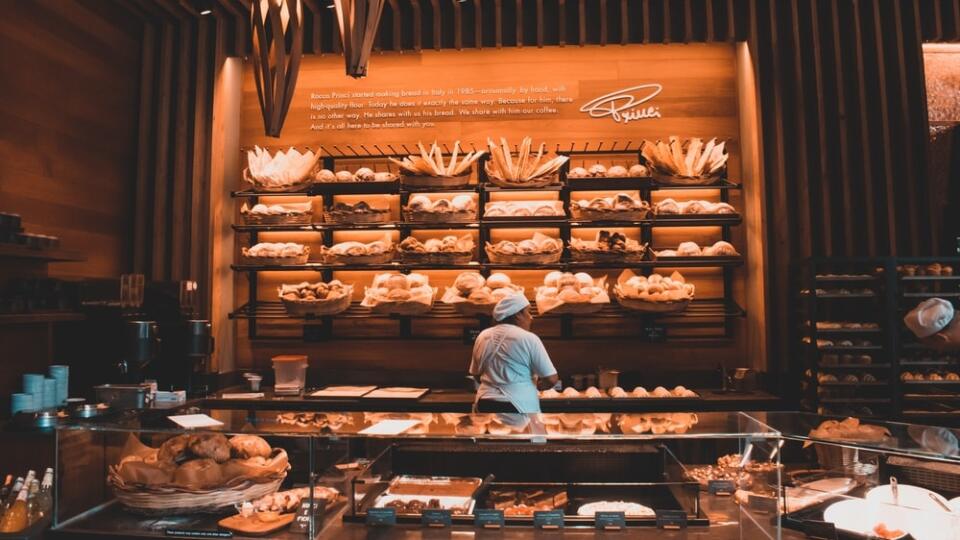The government is debating a new tax on Russian oil, which is processed at the Slovnaft refinery. Under normal circumstances, it used to be five dollars cheaper than North Sea oil Brent, but since the war in Ukraine, the price has gone down by further 25 dollars.
The government of Prime Minister Eduard Heger would like to impose a 30% tax rate on Russian oil to balance how little Slovnaft pays to process it. The government approved this proposal last week, it’s now waiting for parliamentary approval.
In reality, the new tax would mean Slovanft would pay about a third of the 30 euros it saves. According to the calculations of Minister of Finance Igor Matovič, the tax would raise around 300m euros a year for the state. The trouble is, it would most likely be only the state who profits from the tax, as the refinery would probably pass the expenses onto motorists in the form of higher fuel prices.
Minister of Economy Richard Sulík is generally against any new taxes. However, he understands the arguments behind the proposed tax on Russian oil and is willing to agree to it, guaranteed the proceeds go towards reducing other taxes, ideally the excise duty on petrol.
Sulík argues the government could follow the lead of Poland and decrease the VAT tax on fuels to 8%, while Matovič insists that it is not possible because the EU prohibits such reductions. In reality, there is some leeway – Slovakia’s excise duty on petrol is quite high, 0.514 euros per litre, while the EU directive allows for excise duty as low as 0.36 euros.
In the meantime, fuel tourists going to refill their cars for cheap in Hungary are no longer be able to do so. The Hungarian government has decided only cars with Hungarian registration plates are allowed to do that.
Inflation is breaking records, people are spending less
Ever since 2013, we’ve been used to tame inflation reaching no more than 3%. Between the years 2014 and 2016 prices even went down. All of that appears to be over now. Year on year inflation rose from 0.7% in January to 3.8% in August 2021. That was the highest it had been in 9 years. This April, inflation reached 11.8% - the highest rate in this millennium.
The record-breaking inflation is reflecting on consumer habits. Slovaks are buying fewer consumer goods, looking for discounts, and many won’t go on a summer holiday. In a survey, seven out of 10 respondents said they bought fewer consumer goods than last year because of the price increase.
On the other hand, concerns about rising prices have prompted more purchasing of certain goods and services, such as energy self-sufficiency equipment like solar panels, heat pumps, and solid fuel boilers.
A new law may help with the ever-more-expensive grocery bills. From 1 July, food can be sold even after its best before date. All the food has to be clearly separated from other goods and can be sold only for 45 days after the best before date.
Inflation has affected the prices of medicines and medical equipment as well. Almost all over the counter and non-prescription drugs are getting more expensive – prices of some have increased by a few per cent, while prices of others are now three times as high.
High hopes for this summer holiday season
Despite the inflation, this summer holiday season seems the most promising since the pandemic started. Many countries have dropped their COVID-19 restrictions and even Russia’s invasion of Ukraine has not put a stop to the demand for travel, though it slowed it down for a while. Different travel agencies see the recent developments in demand differently. Some are cautious and expect similar numbers to 2019, others have high hopes for this summer.
As was the case the last few summer seasons, the destination trio of Turkey, Tunisia, and Egypt is the most popular, but Bulgaria and the rest of the Mediterranean are not far off. Exotic destinations like Cape Verde Islands appeal to more and more Slovaks each year and the hot newcomer this season is Senegal.
Because of the cost of increased hygiene measures and more expensive fuel and emission charges, travel agencies have raised their prices on average by 5% to 10%.
The Slovak Association of Travel Agencies is optimistic and thinks that people are willing to pay even more than before the pandemic for various upgrades to their holidays like higher room standards or private pool access.
Other stories of the week
- This June, the winner of the public procurement of 152 tracked armoured fighting vehicles at a total price of 1.7b euros declared by the Ministry of Defence will be announced. It’s the biggest investment by the Slovak Armed Forces in their history.
- The Parliament has passed a law on state support of social housing. The Speaker of the Parliament from We Are Family Party Boris Kollár said that multiple big investors are ready to start building social houses, including an Austrian investor who promised the government 500m euros in social housing construction.
Thank you for reading.
See you next week.






